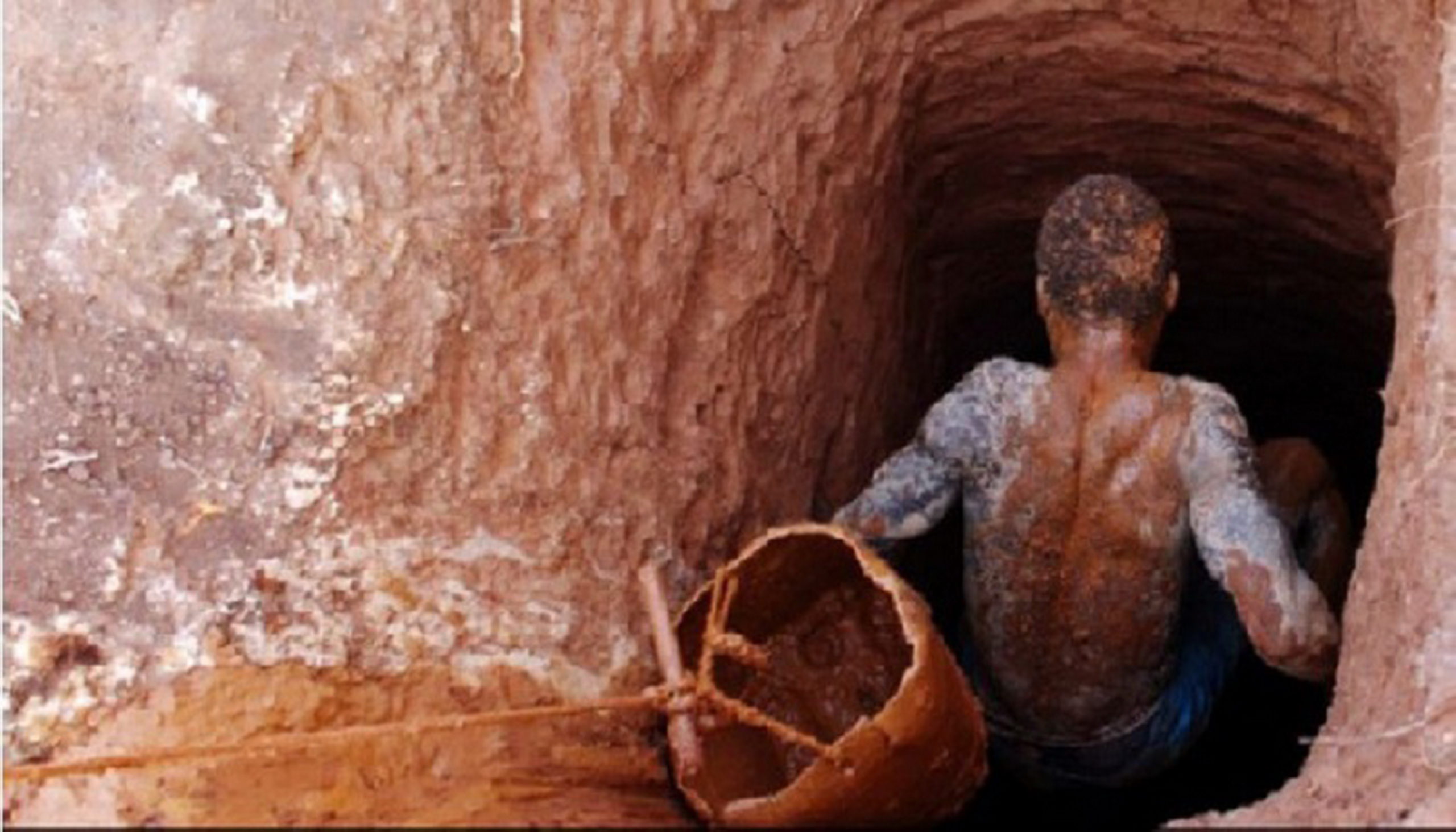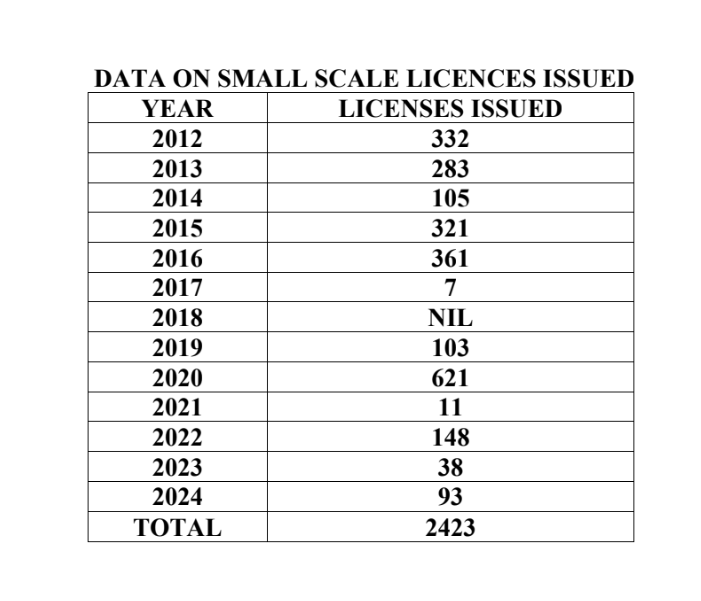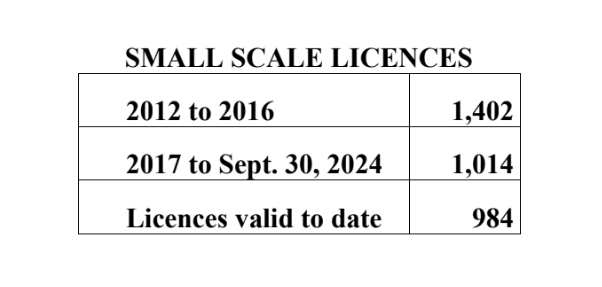
Title: Mining Permits in Ghana: Application Process and Regulations
Meta Description: Learn about the types of mining permits in Ghana, the application process, and the key regulatory bodies responsible for ensuring compliance with mining laws.
Highlights:
- Overview of the types of mining permits in Ghana, including reconnaissance, prospecting, and mining leases.
- Step-by-step guide to the mining permit application process.
- Discussion of the key regulatory bodies governing the mining industry in Ghana.
Mining Permits in Ghana: A Comprehensive Guide
Introduction
Ghana is one of Africa’s leading producers of gold, bauxite, and manganese, attracting both local and foreign investors in the mining industry. However, for mining operations to be conducted legally and sustainably, it is essential to obtain the necessary permits and licenses. Mining permits in Ghana are issued by the government to ensure that mineral extraction follows regulatory frameworks that prioritize environmental protection, social responsibility, and economic development. This expository essay explains the types of mining permits available in Ghana, the application process, and the regulatory bodies involved in ensuring compliance.


Types of Mining Permits in Ghana
Ghana's mining sector is regulated under the Minerals and Mining Act, 2006 (Act 703), which outlines various permits and licenses required for different levels of mining activity. The three main types of mining permits issued in Ghana are:
Reconnaissance License
A reconnaissance license allows the holder to explore large areas for minerals using non-invasive methods, such as geological mapping and sampling. This license is generally issued for an initial period of up to one year and can be renewed. It is important to note that a reconnaissance license does not grant the right to drill or mine but only allows surface exploration.Prospecting License
A prospecting license grants the holder the right to conduct more detailed exploration, including drilling and sampling. This license allows the applicant to assess the commercial viability of the mineral deposit. A prospecting license is typically issued for three years, with the possibility of renewal for additional terms. The license holder must submit detailed environmental and operational plans to demonstrate how the exploration activities will be conducted sustainably.Mining Lease
The mining lease is the final step after exploration has confirmed the commercial potential of a mineral deposit. A mining lease allows the holder to extract minerals on a large scale. These leases are typically granted for up to 30 years, with provisions for renewal. Mining leaseholders are required to pay royalties to the government, submit environmental management plans, and ensure that local communities benefit from the operations through employment and social projects.
The Application Process for Mining Permits
Obtaining a mining permit in Ghana requires applicants to follow a structured process that involves multiple steps and regulatory checks. Here’s an overview of the application process for mining permits:
Submission of Application
The first step is to submit an application to the Minerals Commission of Ghana, the regulatory authority responsible for overseeing the mining sector. The application should include details about the applicant, the area to be explored or mined, and the type of mineral being targeted. For larger-scale mining operations, the application must also include a feasibility study that outlines the project's economic and environmental sustainability.Environmental Impact Assessment (EIA)
One of the most critical aspects of the permit application process is the environmental impact assessment (EIA). Applicants must provide detailed information on how their mining activities will affect the environment, including water bodies, air quality, and wildlife. This assessment is reviewed by the Environmental Protection Agency (EPA) of Ghana, and mining operations cannot proceed without the EPA’s approval.Consultation with Local Communities
Before any mining permit is granted, applicants are required to engage in consultations with local communities that may be affected by the mining activities. These consultations ensure that the interests of local residents are considered, including potential employment opportunities and how the project might impact their livelihoods.Approval and Licensing
Once all requirements are met, the Minerals Commission, in collaboration with the Ministry of Lands and Natural Resources, reviews the application. If deemed satisfactory, the applicant is issued the appropriate mining license. Large-scale mining projects may require additional approvals from the Ministry of Finance or the Cabinet, depending on the scope of the project.
Regulatory Bodies Governing Mining Permits in Ghana
Several government agencies are responsible for overseeing the mining industry and issuing permits in Ghana:
Minerals Commission
The Minerals Commission is the primary regulatory body responsible for granting mining permits and ensuring compliance with Ghana’s mining laws. It also provides guidance on legal and environmental requirements to mining companies.Environmental Protection Agency (EPA)
The EPA of Ghana plays a critical role in reviewing environmental impact assessments and ensuring that mining activities do not cause undue harm to the environment. Without EPA approval, mining operations cannot legally commence.Ministry of Lands and Natural Resources
This ministry works closely with the Minerals Commission and plays an overarching role in shaping mining policies, granting large-scale mining leases, and ensuring that mining activities align with national development goals.
Challenges in Obtaining Mining Permits
Despite the clear legal framework, the process of obtaining mining permits in Ghana can be challenging. Some of the common obstacles include:
Bureaucratic Delays: Due to the multiple layers of government approvals required, the permitting process can be slow, causing delays in starting mining operations.
Community Resistance: Mining projects that are perceived to negatively affect local communities may face resistance, leading to lengthy negotiations or even legal disputes.
Environmental Concerns: Given the increasing focus on sustainable development, mining companies often face strict environmental regulations, and failure to comply with these can result in permit denials or revocation.
Conclusion
Mining permits are an essential aspect of Ghana’s mineral extraction industry, ensuring that operations are conducted in a responsible and regulated manner. Whether it is a small-scale exploration project or a large-scale mining venture, obtaining the appropriate permits and adhering to environmental and social guidelines is crucial. By understanding the types of permits available, the application process, and the role of regulatory bodies, companies can navigate the legal landscape and contribute to Ghana’s sustainable mining development.
Highlights:
- Overview of the types of mining permits in Ghana, including reconnaissance, prospecting, and mining leases.
- Step-by-step guide to the mining permit application process.
- Discussion of the key regulatory bodies governing the mining industry in Ghana.
SEO Meta Tags:
- Title: Mining Permits in Ghana: Application Process and Regulations
- Meta Description: Learn about the types of mining permits in Ghana, the application process, and the key regulatory bodies responsible for ensuring compliance with mining laws.
- Keywords: mining permits Ghana, reconnaissance license, prospecting license, mining lease, Minerals Commission, EPA Ghana, mining regulations

